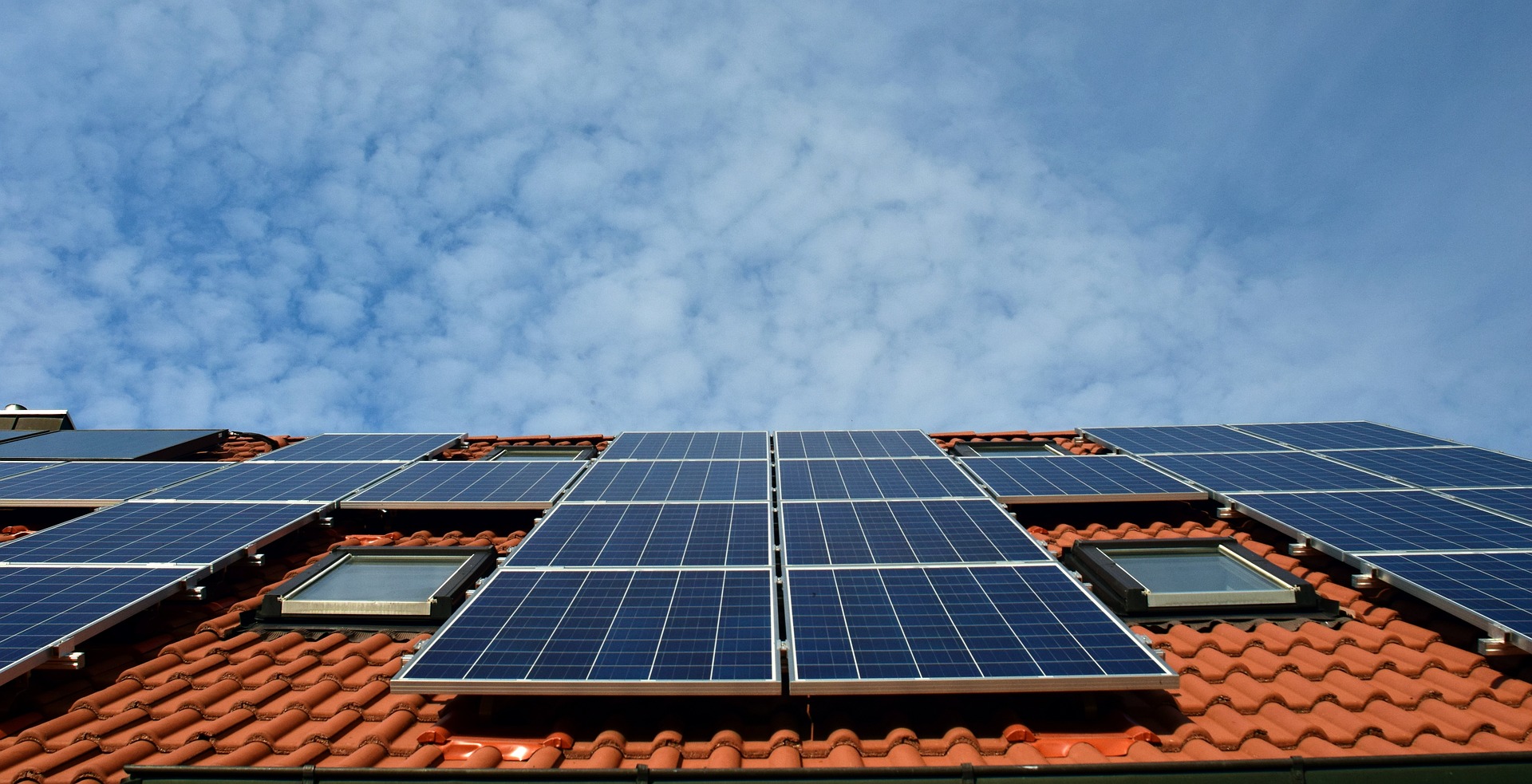WHAT IS THE REAL DEAL WITH SOLAR PANELS?
While we already discussed some important factors to consider when buying a home that comes equipped with solar, below are some important factors to consider when debating installing solar on your current home.

- What is in the fine print? – Not all solar companies are created equal, and the end contract can often vary from what the salesperson tells you. If you do decide to purchase a new solar system, take the time to read through the entire contract and do not rush through the signing process. Solar salespeople are notorious for telling you that you can only get a specific deal if you sign today, do not fall for that, they will gladly accept your business next week or next month if they are a reputable company. You will also want to take the time to read the warranty package in detail.
- How is insurance affected? – In general, your homeowner’s insurance covers the solar panels as a part of the structure of the home. With that said, you must notify your insurance company before getting solar and make crystal clear that they cover solar panels. You will also want to verify their system limits and make sure you follow all required steps to be in compliance. The coverage of solar panels varies dramatically from state to state and even from county to county and is completely up to the insurance companies as to how they handle it. Additionally, some insurance companies simply will not cover solar panels or homes with solar panels at all. So, again, make sure you make that call ahead of time!
- How are you paying for these? – If you can purchase a system outright, which can range anywhere from $25k for a basic system to $100k for a more in-depth system, then this is the best way to acquire a new solar system as most of the discontent with solar has to do with financing and lease gimmicks. Having free and clear ownership of your solar panel system is a huge benefit when you go to sell your home. While paying out of pocket would be great, the truth is, that’s a lot of cash to shell out for an optional addition to the home. As such, most solar panel systems are financed over 10, 20 or even 30 years. Luckily, technology continues to improve, and the efficiency and lifespan of the newer panels continues to progress which makes some of these longer financing terms more or less match up with the lifespan of the panels. If you are thinking about leasing solar panels or entering a Power Purchase Agreement (PPA) – stop now unless you have no plans to ever sell your home. This method of acquiring solar panels can lead to incredible difficulties with selling your home. You are often locked out from transferring the lease which requires you to buy out the lease when you sell your home. This can be a costly decision as you must pay the entire value of the lease which is often two or three times the cost of the entire system.
- Is it even worth it? – The answer to this is very subjective and depends on your specific location and goals. It appears most people are happy with their decision citing much lower electricity costs and a smaller carbon footprint. From a purely financial perspective, you really need to crunch the numbers based on your specific property to see if the savings will justify the costs in the long run. You will want to take into account the amount of usable surface on your roof, the direction of the sun, adjacent tree coverage, total hours of available sunlight in your region and the ability (or lack thereof) to sell electricity back to the grid. If you are considering financing, you will want to run projections based on estimated output and see if you will be saving enough money on your monthly electric bill to justify the monthly cost. If you are looking at this decision as a way to reduce your carbon footprint, then you often get close enough to break even to justify the investment. Whichever way you are looking at the investment, the financial commitment is sizable and should not be considered until you are very clear on how it will affect your personal budget.
- Does solar add value – While you will see a variety of values applied to adding a solar array to your home, the reality is that not all prospective home buyers see value in having solar. Some even see it as a detractor when they are shopping for a home. The value a solar system adds to the home on appraisal is somewhere between $0 and $10,000 which is just a fraction of the cost of the system.
- Other things to consider – Choosing a trusted installer is an incredibly important part of the process. While solar panel efficiency is ever improving, they only work if they are installed correctly. While it may be tedious, do your homework and call for references when it comes to the install. Similarly, if you are purchasing a home with recently installed solar, ask who did the install and check out reviews and ensure any warranty is transferable.
The greatest takeaway from my research was to really take the time to analyze all aspects of the solar panel system from financing to insurance, to install to warranty before you make a decision. Do not rely on sales brochures; rely on facts and contracts.

 Facebook
Facebook
 X
X
 Pinterest
Pinterest
 Copy Link
Copy Link

